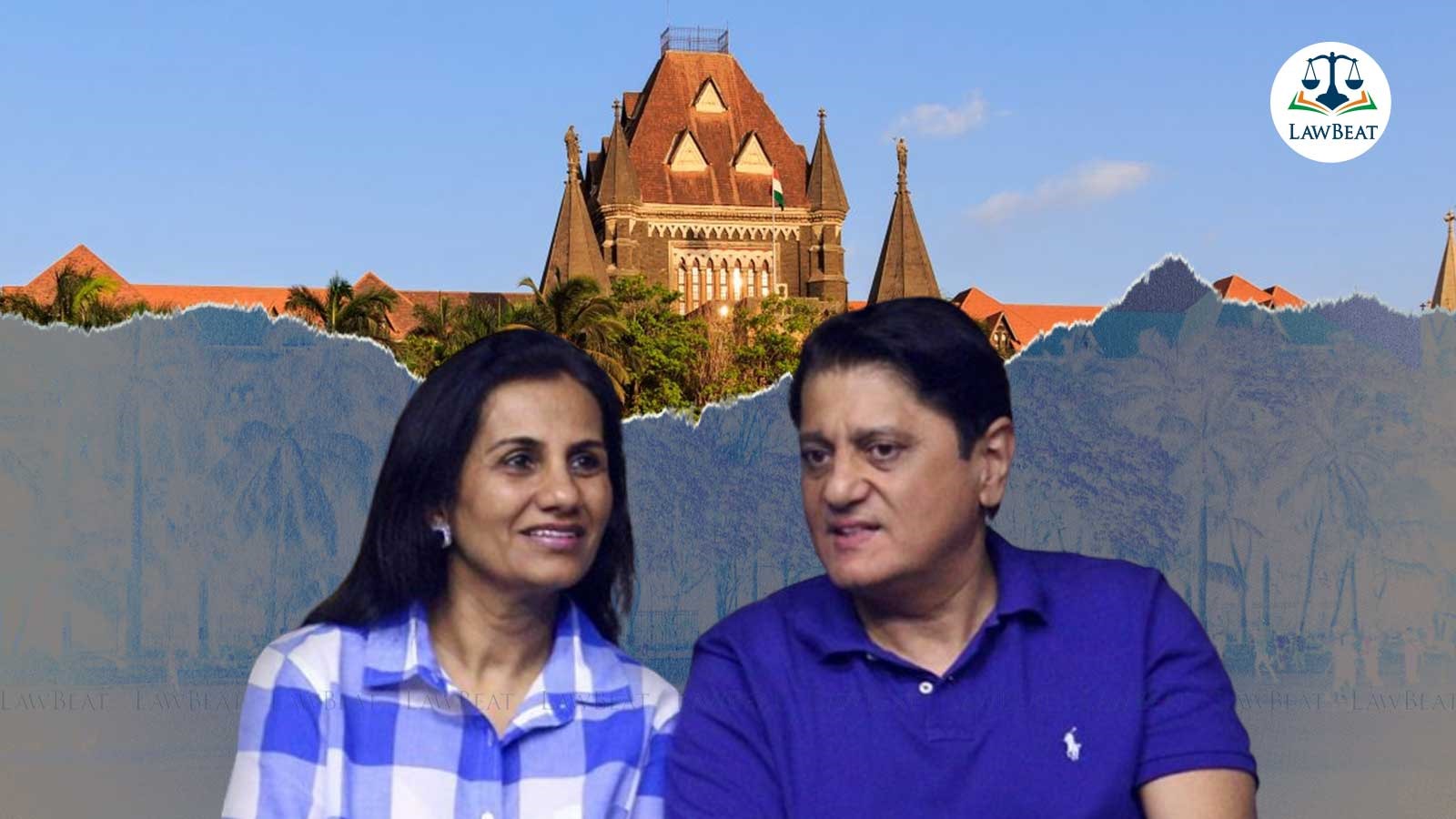Exercising Right To Remain Silent Is Not Non Co-operation: Bombay High Court In Kochhar’s Bail Order

The bench said that subjective satisfaction is not wholly immune from judicial reviewability, and the court can consider whether the reasons for deprivation of liberty are rational, reasonable, or fanciful
The Bombay High Court, while confirming the interim bail granted to Former ICICI Bank CEO Chanda Kochhar and her husband Deepak Kochhar, stated that the exercise of the right to remain silent cannot be equated with non-cooperation.
“It is relevant to note that though it is within the powers of the Investigating Agency to interrogate the accused has a right to remain silent. The right to silence emanates from Article 20(3) of the Indian Constitution, which gives an accused the right against self incrimination. Suffice it to say that exercise of the right to remain silent cannot be equated with non co-operation,” the court said.
The division bench of the high court, consisting of Justice Anuja Prabhudesai and Justice NR Borkar, further observed that the arrest by the CBI amounted to an abuse of power.
“The arrest on 23.12.2022 was not on the basis of any additional material discovered in the course of the investigation, but was based on the same material which was within the knowledge of the Investigating Officer at the time of issuance of notice under Section 41A. Such routine arrest without application of mind and due regard to the law amounts to an abuse of power and does not satisfy the requirement of Section 41A(3) Cr.P.C,” the order reads.
The high court had confirmed the interim bail of Kochhar’s on 6th February the order of which was made available on Monday. The interim bail was granted to the duo on January 09, 2023.
A case was registered against the duo by the CBI after a whistleblower alleged that Chanda had given loans worth Rs. 3250 crores to the Videocon group. As a quid pro quo, the Videocon group invested in the company of Deepak Kochhar. The loan granted to the Videocon group was later declared as an NPA.
The husband and wife duo were arrested on December 24, 2022. The CBI had also arrested Venugopal Dhoot of the Videocon group.
The high court in its order also noted that the satisfaction of the investigating agency is subjective in nature, and the courts cannot go into the reasonableness of the reasons for arrest or substitute its objective opinion for the subjective satisfaction.
The bench said that subjective satisfaction is not wholly immune from judicial reviewability, and the court can consider whether the reasons for deprivation of liberty are rational, reasonable, or fanciful.
Chanda Kochhar vs CBI & Anr
